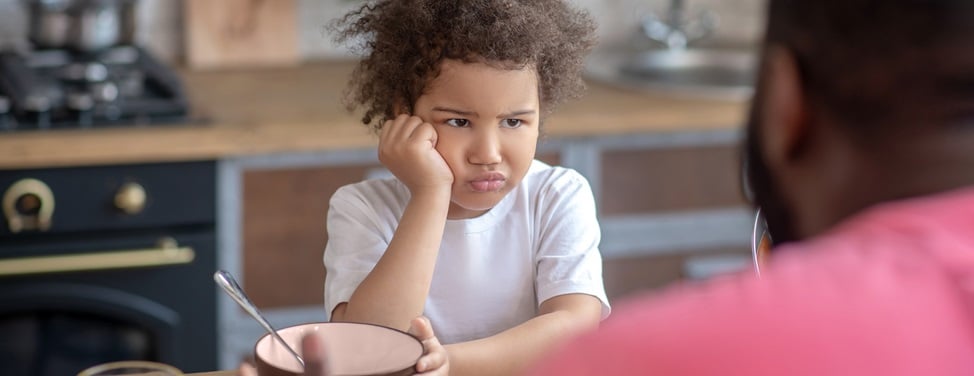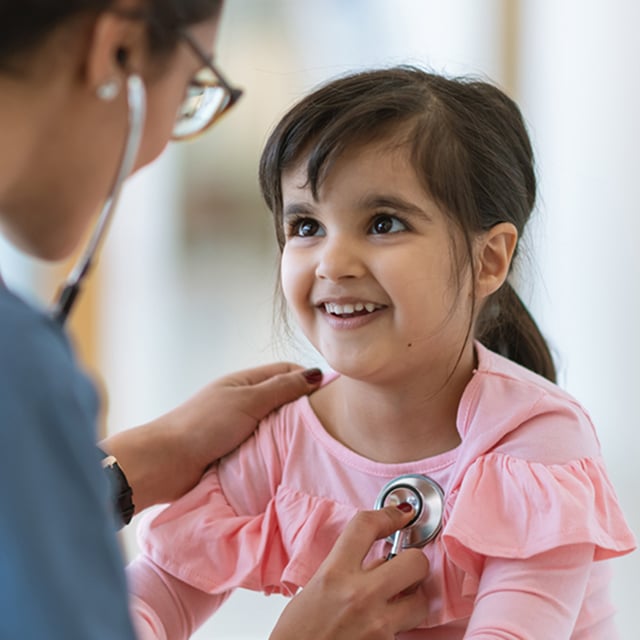All parents of 5-year-olds wonder if their child is ready for kindergarten. Unfortunately, there is no test to determine if a child is ready for kindergarten, since "ready" can mean so many different things. All children have tasks they do well and tasks they find difficult. In addition, children learn many new skills during their first year of school. Therefore, lacking one skill — like being able to use scissors — probably isn't a reason to hold a child back, since they may learn that skill at school.
Parents are the best judges as to whether their child is ready for kindergarten. The following information should only serve to give you some idea of skills most children have before they start school; the list is not complete and is not meant to be a test of kindergarten readiness. If you feel your 5-year-old has difficulty in several areas, please talk with your child's doctor.
Large Muscle Movements (Gross Motor Skills)
- Hops on one foot
- Goes up and down stairs, alternating feet
- Throws a ball overhand
- Can stand on one foot for 5 to 10 seconds
Small Muscle Movements (Fine Motor Skills)
- Can copy a square and a triangle
- Uses scissors
- Can print some letters
Language
- Can follow a three-step command
- Understands how items are the same and how items are different
- Speaks in five-word sentences
- Is understood by other people all of the time
- Can tell a story, describe the day's events
Knowledge
- Knows most colors
- Knows his or her name, address and phone number
- Can count five to 10 objects
- Can tell the difference between objects like bird/dog, milk/water
- Can answer why people have things like ears, hands and eyes
- Can say the alphabet; recognizes some letters; can print first name
Attention
- Can sit still and listen to a short story
- Can obey a command and do what the teacher says
Social
- Has learned to take turns with other children
- Has learned to share toys with other children
- Has learned to ask for items rather than grabbing them from others
When children start kindergarten, they understand they are representing their family "out in the world." When children brings home a gold star on a paper and are praised by parents, they learn they've done a good job and made their parents proud.
Children share things about their families at school, which can make parents feel vulnerable — "Do you know what my Mommy told my Daddy last night?" is a common kindergarten theme. Be aware of this as you respond to your child's daily events at school.
Children rely on the adults in their world to protect them, at school and at home. Teachers of young children must be responsible for closely observing children's interactions and assuring that teasing and bullying are not tolerated. Since you are your child's best advocate, you must pay attention if your child complains of being teased or threatened. Please speak directly with the teacher if you're concerned your child might be experiencing bullying — or might be a bully.
School Physical
Before entering kindergarten, children need a complete physical examination, vision and hearing tests, and a skin test to determine if the child has been exposed to tuberculosis. If you or anyone in your family has been exposed to tuberculosis, please let your child's doctor know.
Your child may need booster shots before beginning school. These immunizations may be given anytime after age 4, so your child may already be up to date. If not, please prepare your child to receive some shots at his or her school check-up. If your child has not had the hepatitis A vaccine, it is now recommended for children in California. Please ask your child's pediatrician about this vaccination.
































